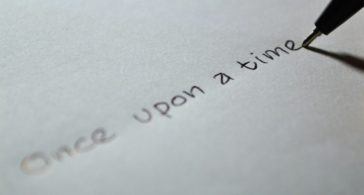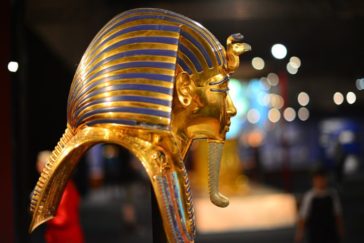What I Learned from Writing Romance
No matter what the genre, a bit of sexual tension can perk up your storytelling. Years ago I wrote romance novels. This is what that experience taught me. Love is a lot more interesting when it’s all about the conflict. Readers are surprised when I tell them that a romance is a love story. But not all love stories are romances. Shakespeare’s Romeo and Juliet is a love story. The conflict in that classic play is not between the lovers. … Read More »






